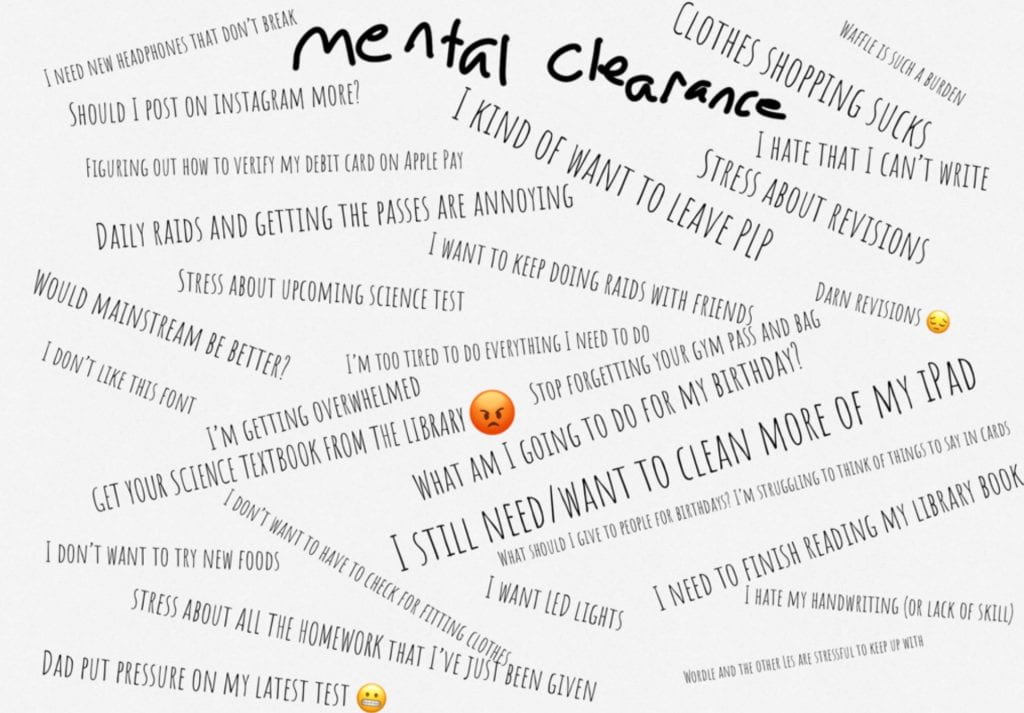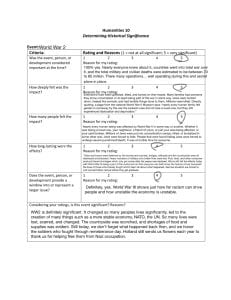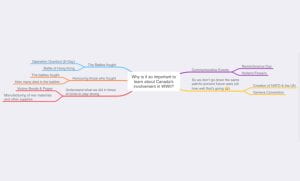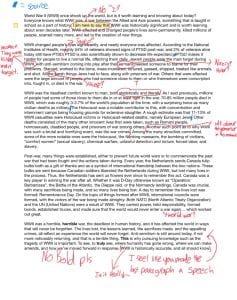[Definition of a PrePol = tPol but at the start of the next year and covering the exact same things you said in last year’s tPol]
The Project Path
It’s a presentation, it’s a PrePol, it’s a final reflective blog post! (even though it’s only halfway through semester 1)
Welcome to the first PGP post, where I’ll be talking about competencies, learning strategies, what worked for me, what didn’t, and much more! From taking up Maker and personal time, to taking stress away from (or adding stress to) the minds of students, this post is all about the journey through PGP. In this post, we’ll go over the driving question and my answer, evidence of the organization tactics, why the personal documentation system was such a bad idea for me, and proof of my work.
I hope you have a good time reading this! Now, let’s move onto the post.
My Learning Adventure
As this project was mostly centred around strategies, different apps, and different ways to organize yourself, there wasn’t much research to be done or facts to be learned. One thing near the start of the unit, however, was a video about the effects of happiness. I won’t go into too much detail here (see “Craft Notes and 421 on Happiness video with Why Comment” in “My Work” section), but it was basically about the benefits of happiness, how to trick your mind into happiness, the negatives of the world, and the norm vs the average.
The Skills
So many strategies provided, all for the end goal of creating a less stressed, more organized you. Which worked, and which didn’t? That’s what I’m here to cover.
Some of the strategies that we were given to try did not work for me. It was either too much commitment, too much to remember, or just didn’t connect with me. One example could be the Daily Reflection Journal, in which I felt like it was more of a commitment than an opportunity to reflect on the day and release my thoughts (which is what I assume the intention was). The major thing that didn’t work with me, for the same reason as the Daily Reflection Journal, was the Personal Documentation System. It was way too much writing for me, even though it had been my own idea. I should’ve considered my strengths more and realized that writing is not my strong suit. In hindsight, perhaps doing daily drawings would’ve been better for me. I ended up barely getting through three days/assignments worth of tracking before eventually falling behind and losing track completely. This strategy that I myself came up with did not work for me, and rather hindered me and caused more stress.
On the other side of the coin, we have the things that did work for me. The original pitch for the final PrePol took a while to come up with, but when I finally settled on an idea, I couldn’t wait to see how it would turn out. Unfortunately, as I didn’t have enough time to create and execute the idea, it’s been left as an idea for the future. The creative writing pieces of the Daily Reflection Journal were quite thought-provoking, and depending on the topic and time given, I felt like I was able to clear my mind to some extent. Clearing out my photos was a huge weight off my mind as well, and though it did end up taking quite a bit of time, I found it 100% worth it after the fact. Buckets were also a big bonus for me, because when I took the time to use it, it felt very rewarding to check off big goals, or even smaller ones.
Moving forward, I’ll definitely be keeping the homework trackers, checklists, & to-do lists to keep track of my day-to-day life. I already use tables and recording docs to keep track of things such as Spotify songs or shows I’m watching, so I believe this will be useful for how my brain works.
My Work
Benchmark Pitch Check In
“I’ll document my learning on Numbers. I will mark my stress levels every single day of the week. I will also write down the corresponding assignments of each day. I’ll look for patterns in this to see if certain activities from that day were harder than others to identify my strengths and weaknesses. I will also keep track of days when I handed in assignments late or didn’t meet the guidelines first time around (if applicable). I’ll write down how I felt I did on each assignment (i.e. keystones, in-class activities, normal Showbie assignments, etc.). I’ll write down things I think looking back I could’ve done better.”
“On Wednesdays and Fridays, I will document all these things at lunch (since PLP will be done for the day) and on the other weekdays, I will document after school (since I have lunch activities those days).”
“This will work for me because I’m constantly journaling and keeping track of things so I’ll be able to get into the habit quickly. The fact that I’ll be recording every day MAY get a bit overbearing, but I think it’ll work best for me as the day will still be fresh in my mind.”
Benchmark Pitch Final PrePol
“To answer the driving question, I will use an ad format video to “pitch and showcase” the different learning strategies and systems to balance and organize my life. Then when it comes to the person interview “what did you think of this product”, I’ll talk about my experiences with the different systems and which I preferred and will carry on. I’ll also talk about different support things of my learning plan as related products. This reflects my personality as well because I love acting and also have a low attention span, just like a flashy ad. I will play this at the end of the Pre-Pol.” – ShamWoW
Positive Brain Training Daily Reflection
Week 1
“Week 1 Reflection: This first week was very well-planned for an introduction, and I enjoyed participating in each and every activity. My favourite was the daily journal. It let me express my thoughts.”
Week 2
“Week 2 Reflection: This second week was a bit more unique. I found that the daily notes gave me a bit of time to think, and really look back at what I was happy about, unhappy about, and all things in between. Thursday was my favourite note day, same as last week. Seems like I have a passion for journaling. Next week, I’ll focus on keeping my attention glued to class and the activity, as that was the only problem I noticed at all.”
Week 3
“Week 3 Reflection: The third week was a bit lacking in motivation. My mind had been drained of proper words in previous weeks, so I had short, terrible answers in some. This next week, I will work to maximum effort to make up for this failure of a week.”
PPS: Cleared Backlog
Physical Capture


“Physical Capture: In the future, I will do cleanups of my room and house every two weeks, to make sure I’m not getting lost in the clutter or being too disorganized. This has worked for me in the past as I’ve done monthly “room purges” and cleared out my room significantly. (That’s the reason my room looks so tidy already in the first photo, it’s shortly after a large clean-up)”
Digital Capture


“Digital Capture: In the future, I will do monthly cleanses of my iPad and phone, to make sure that I can have the easiest and most organized learning experience. This is the first time I’ve ever done this, but after doing this for the first time, I’m already feeling a large weight off my shoulders. This is great for me.”
Mental Capture

“Mental Capture: This was an exercise I needed. At first, it was slow, but it began to flow after a while. In the future, I’ll do this every two weeks (same day as room clean). The thoughts running through my head will be put onto paper, making my mind clearer. Who knows, maybe I’ll do some of the meditation we’re doing for keystone 2.”
Backlog Clearance Schedule

The Good, The Bad, and the Ugly Quadrants and Next Steps

Final Norms Poster

Craft Notes and 421 on Happiness video with Why Comment
PPS: Intro and Tools Evidence
Before


After



Buckets

Personal Documentation System

Driving Question and Answer
What strategies can I use to maintain balance in my life and support my own well-being?
Learning with ADHD and Autism, or even just focusing can be difficult for me. Often, I need to put different strategies in place just to help me out with day-to-day things like completing homework or even interacting with other people. This project offered me new things I hadn’t considered before.
Based on what I’ve experienced and tried, constant “Things” management, creative writing journal-wise (on my own schedule), backlog clearance of clutter on iPad and iPhone (when I have the time), marking important events on the calendar, and making guides for myself on different things (such as blogs). After trying out the strategies, these were the ones that best worked for me with who I am.
Overall, strategies that are centred around checklists and to-dos seem to work better for me as a learner. These help me keep a straight mind and organize my thoughts in a way that works for my ADHD and Autism.



